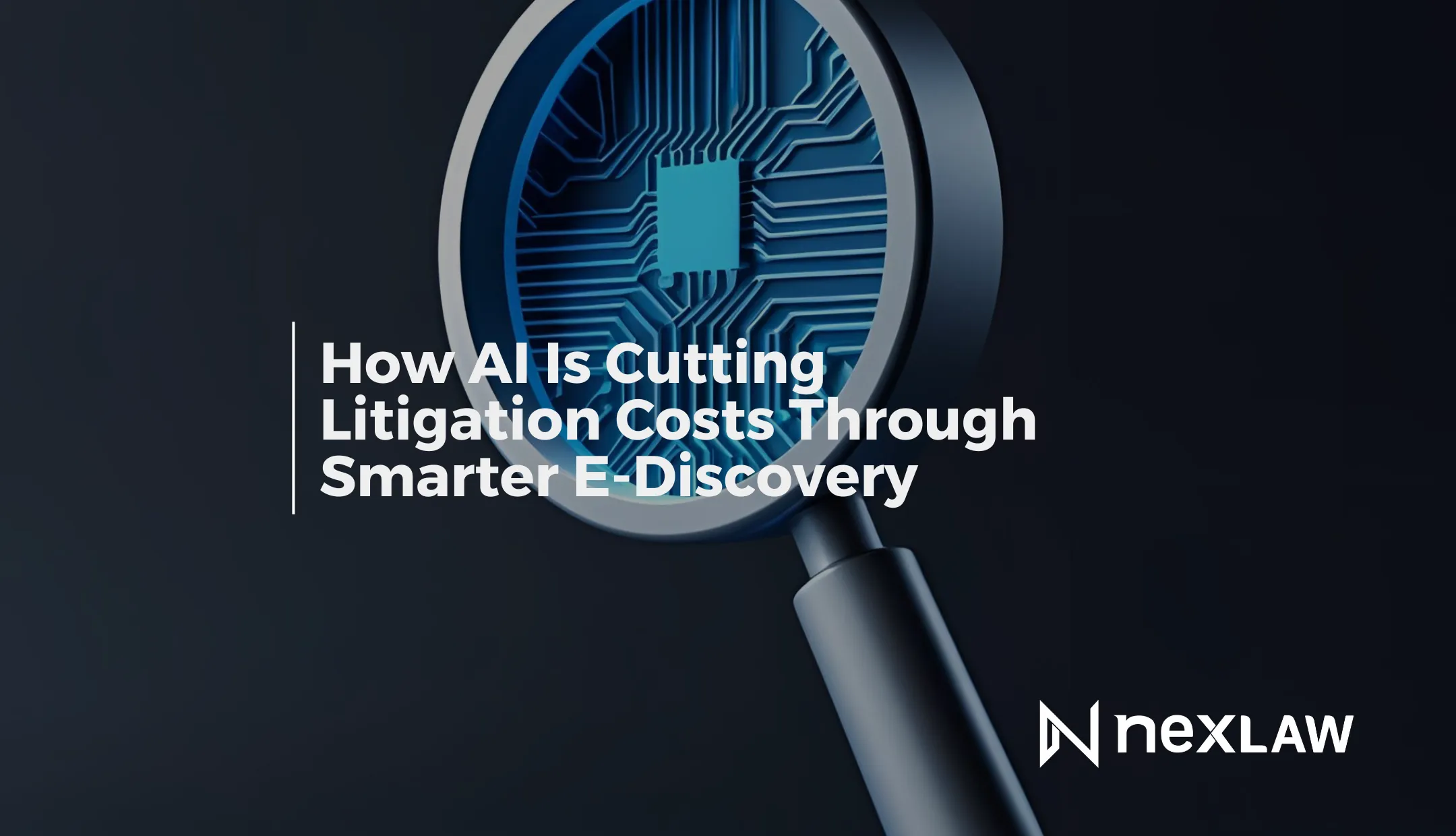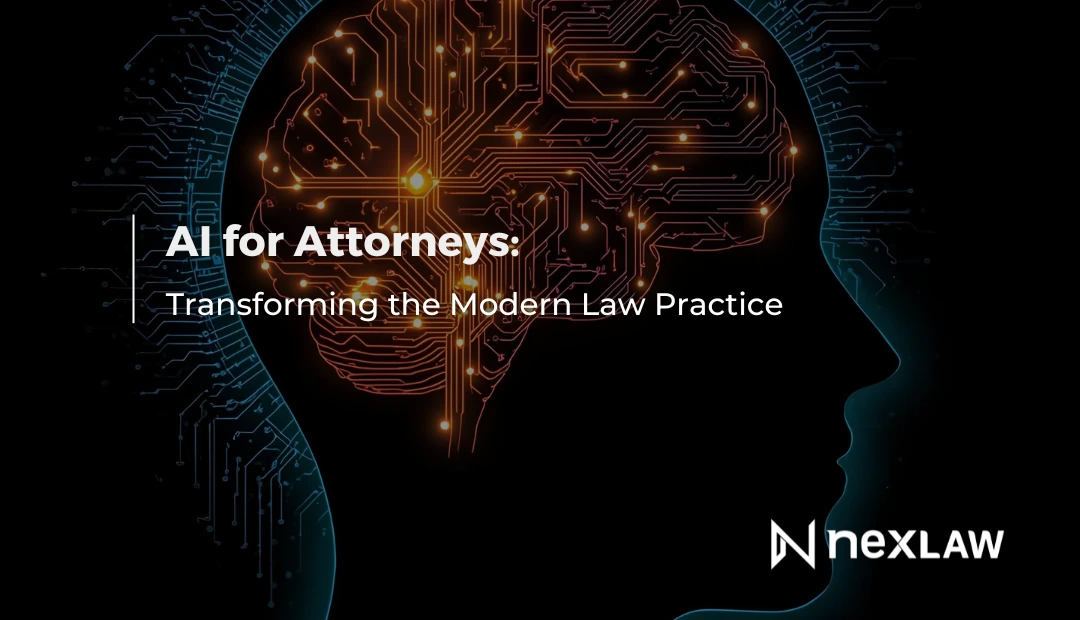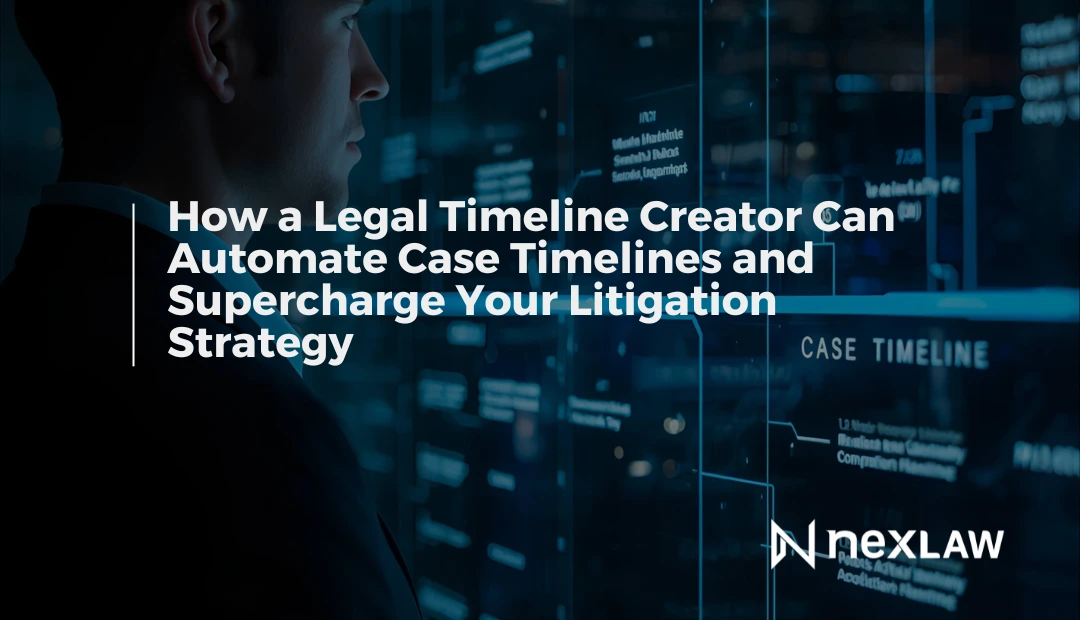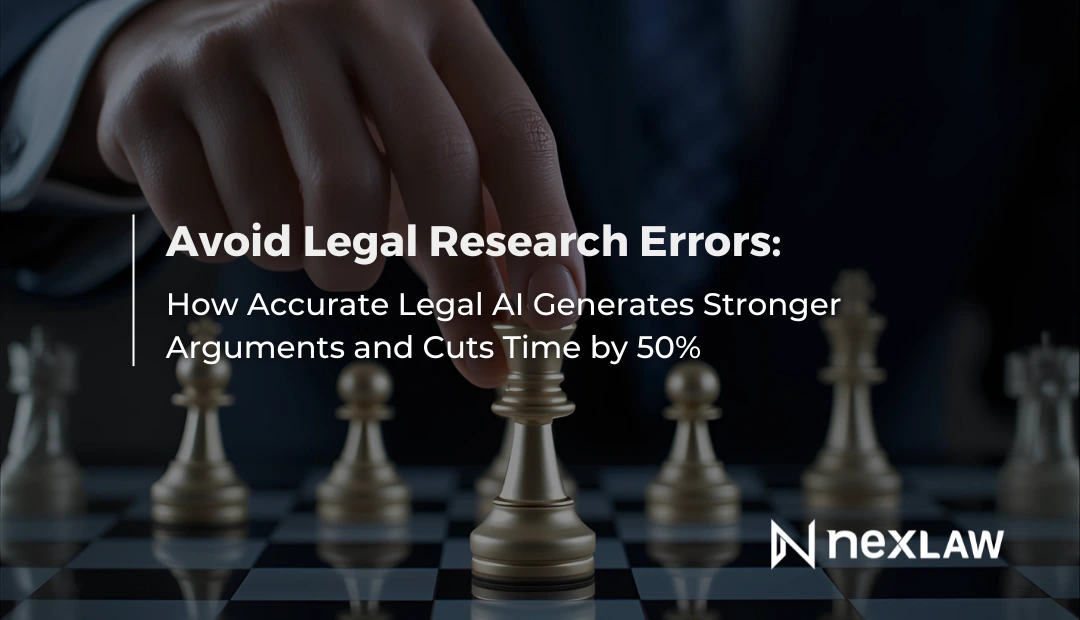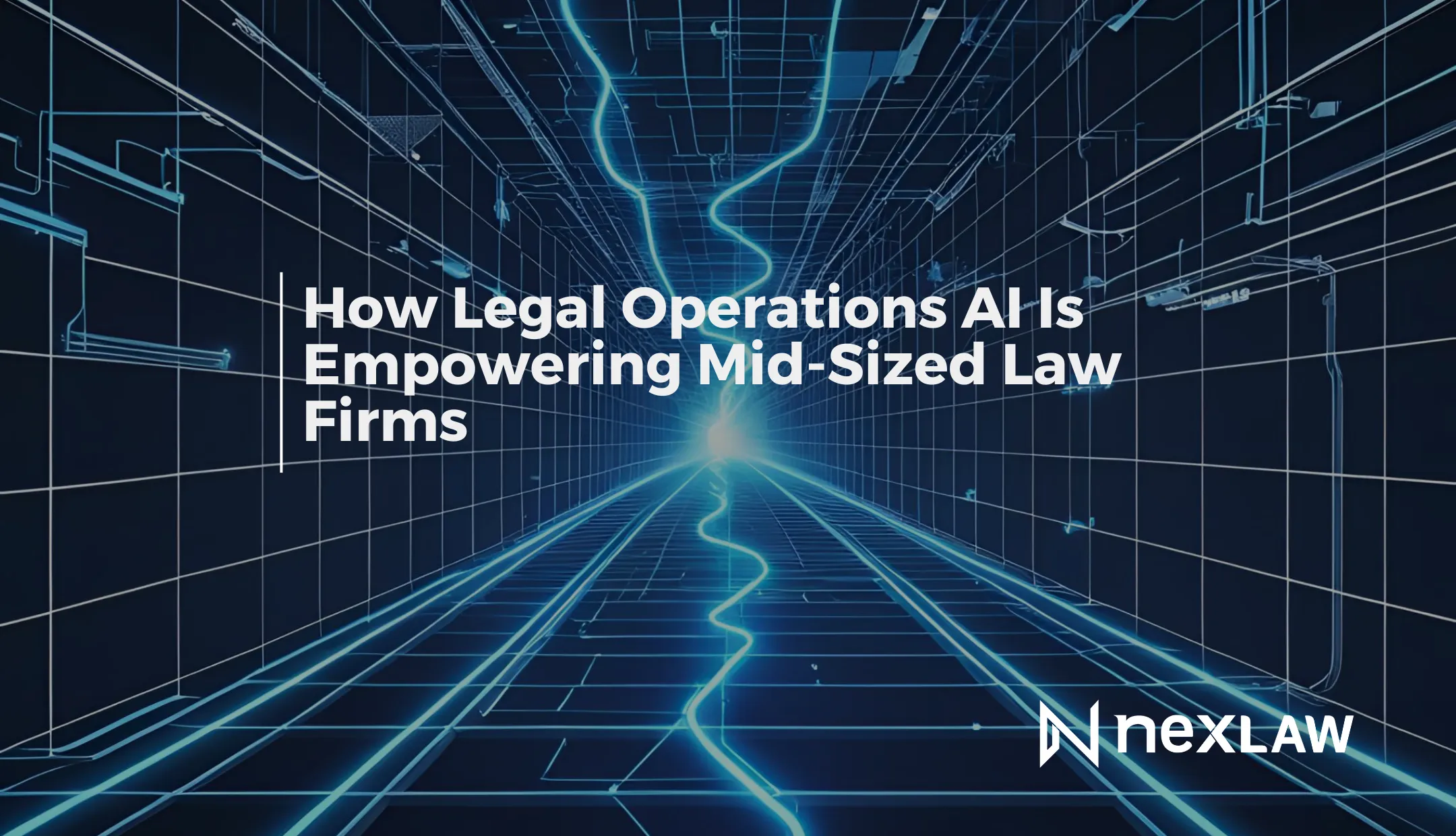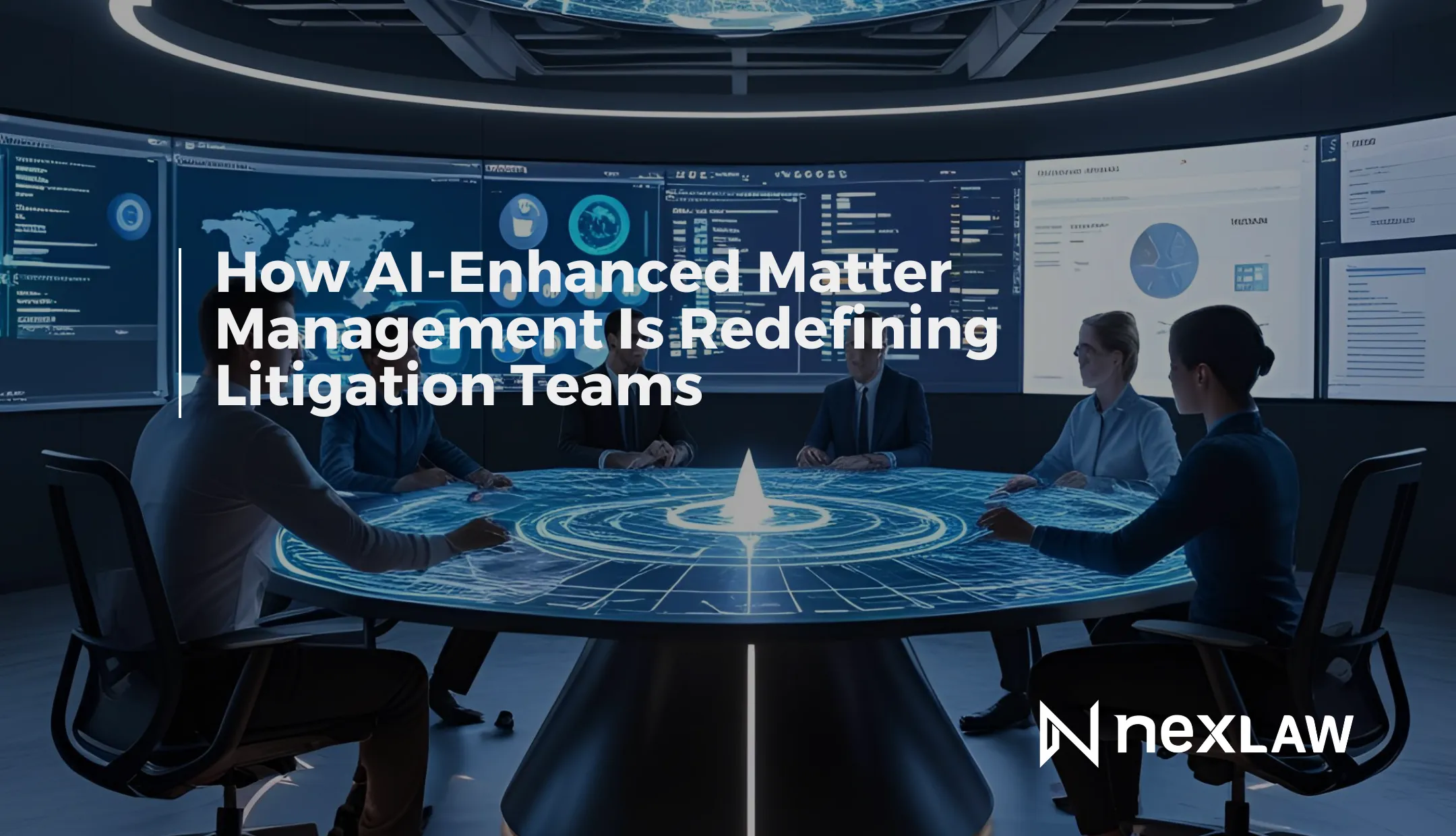How AI Is Cutting Litigation Costs Through Smarter E-Discovery
The legal field is undergoing a technological transformation that promises to reshape traditional practices. One area experiencing profound change is e-discovery, where vast amounts of electronic data must be reviewed and analyzed for litigation. As litigation costs rise, attorneys and law firms seek efficient solutions to manage these workloads without compromising quality or compliance. Artificial intelligence (AI) is emerging as a key tool, providing new capabilities that streamline e-discovery and support more strategic case management.
Unlock Legal Insights Instantly!
What Is E-Discovery and Why Is It So Important?
E-discovery refers to the process of identifying, collecting, and reviewing electronically stored information (ESI) relevant to a legal case. This can include emails, contracts, text messages, databases, social media posts, and other digital content. Because almost every legal dispute today involves some form of ESI, e-discovery is a critical part of litigation.
However, the sheer volume and complexity of digital evidence present serious challenges. Manually reviewing tens of thousands or even millions of documents is not only time-consuming but also costly and prone to human error. Missing critical evidence or misclassifying documents can have serious consequences on case outcomes. Therefore, efficiently managing e-discovery is essential for controlling litigation costs and maintaining competitive advantage.
How AI Is Changing the Game in E-Discovery
AI technologies like machine learning, natural language processing, and predictive analytics are transforming e-discovery by automating many routine and complex tasks:
- Automated Document Review: AI tools can scan and categorize large volumes of documents far faster than human reviewers, identifying relevant materials based on contextual understanding rather than just keyword matching.
- Predictive Coding: By training on a subset of manually reviewed documents, AI can predict the relevance of remaining files, prioritizing those most likely to be important and reducing unnecessary review.
- Advanced Search and Filtering: AI-powered search algorithms recognize nuanced legal concepts and patterns, allowing attorneys to discover evidence that might be missed with traditional methods.
- Real-Time Feedback: These tools offer continuous insights into data quality and review progress, enabling legal teams to adapt their approach dynamically and improve efficiency.
By leveraging these capabilities, AI can help reduce the time and labor traditionally required during e-discovery without sacrificing accuracy or compliance.
The Real Benefits: Time and Cost Savings
Litigation often hinges on how effectively teams can process and analyze evidence. AI-powered e-discovery tools provide tangible advantages:
- Faster Case Preparation: By accelerating document review, attorneys have more time to focus on crafting strategy, preparing arguments, and advising clients.
- Reduced Labor Costs: Automating repetitive tasks helps manage workloads, particularly for firms facing tight budgets or staff constraints.
- Improved Accuracy and Consistency: AI applies standardized review criteria, reducing variability and minimizing the risk of human oversight.
- Enhanced Compliance: Automated audit trails and metadata preservation help demonstrate adherence to legal and regulatory requirements.
For many firms, integrating AI into e-discovery workflows results in more efficient case handling and better allocation of resources, which can translate into significant cost savings and improved client satisfaction.
Practical Examples of AI in Litigation E-Discovery
Consider a mid-sized firm facing a multi-party commercial dispute involving millions of emails and documents. Manually reviewing this data could take months and cost a fortune. By implementing AI e-discovery tools, the firm can rapidly identify the most relevant documents, uncover hidden relationships between evidence, and flag potential issues early. This enables the attorneys to build a stronger case faster and with fewer resources.
Similarly, in cases with tight deadlines, AI’s ability to quickly sift through data helps legal teams meet critical timelines while maintaining thoroughness. The technology also supports early case assessment, allowing firms to make better-informed decisions about settlement or trial strategies.
Ethical and Compliance Considerations
While AI offers great promise, it’s important to recognize ethical and compliance responsibilities:
- Transparency: Attorneys should be open with clients about the use of AI tools in managing their cases, explaining how these tools assist rather than replace human judgment.
- Data Privacy: Handling sensitive client data demands rigorous security protocols. Choosing AI vendors who prioritize encryption, access controls, and regulatory compliance is essential.
- Maintaining Human Oversight: AI should complement, not substitute, the expertise and discretion of legal professionals. Reviewing AI outputs critically helps prevent errors and maintains professional standards.
- Algorithmic Fairness: Continuous testing and validation of AI tools ensure that biases are minimized and that decisions are based on accurate and impartial data analysis.
Adhering to these principles helps safeguard ethical integrity and ensures that AI enhances rather than complicates litigation practices.
How NexLaw’s AI E-Discovery Tools Empower Litigators
NexLaw’s AI platform is specifically tailored to meet the needs of litigators working within the U.S. legal system. Its features include:
- Scalable Data Processing: Efficiently handle large and varied datasets from multiple sources.
- Customizable Workflows: Adapt review parameters to fit case-specific requirements and firm practices.
- Actionable Analytics: Gain insights into document trends, risks, and relationships that inform strategy.
- Built-In Compliance Features: Maintain defensible audit trails and secure data handling.
By integrating these capabilities, NexLaw enables litigators to streamline discovery, improve accuracy, and focus more on the substantive aspects of their cases.
The Future of AI in Litigation
AI’s role in litigation will continue to expand. Beyond e-discovery, emerging applications include predictive case outcome analysis, jury behavior modeling, and intelligent workflow automation. These advancements hold the potential to further reduce costs, improve fairness, and enhance access to justice.
Smaller firms and solo practitioners, in particular, stand to benefit from AI tools that level the playing field, making sophisticated legal analytics accessible without the need for large budgets or extensive staff.
Conclusion: Embrace AI to Cut Costs and Win Cases
AI-powered e-discovery is reshaping litigation by providing tools that save time, reduce costs, and improve accuracy. Attorneys who adopt these technologies position themselves to handle complex cases more efficiently and deliver higher-quality service to clients.
As legal technology evolves, integrating AI into e-discovery workflows isn’t just an option, it’s becoming a strategic necessity for competitive, cost-conscious law practices.
Ready to Transform Your Litigation Process?
Choose how you want to explore NexLaw’s AI e-discovery platform:
- Book a personalized demo — We’ll guide you through the platform step-by-step to show how it fits your practice.
- Start a free 3-day trial — Dive in and see for yourself how AI can save time and reduce costs.
Get started today and experience the future of legal discovery.
